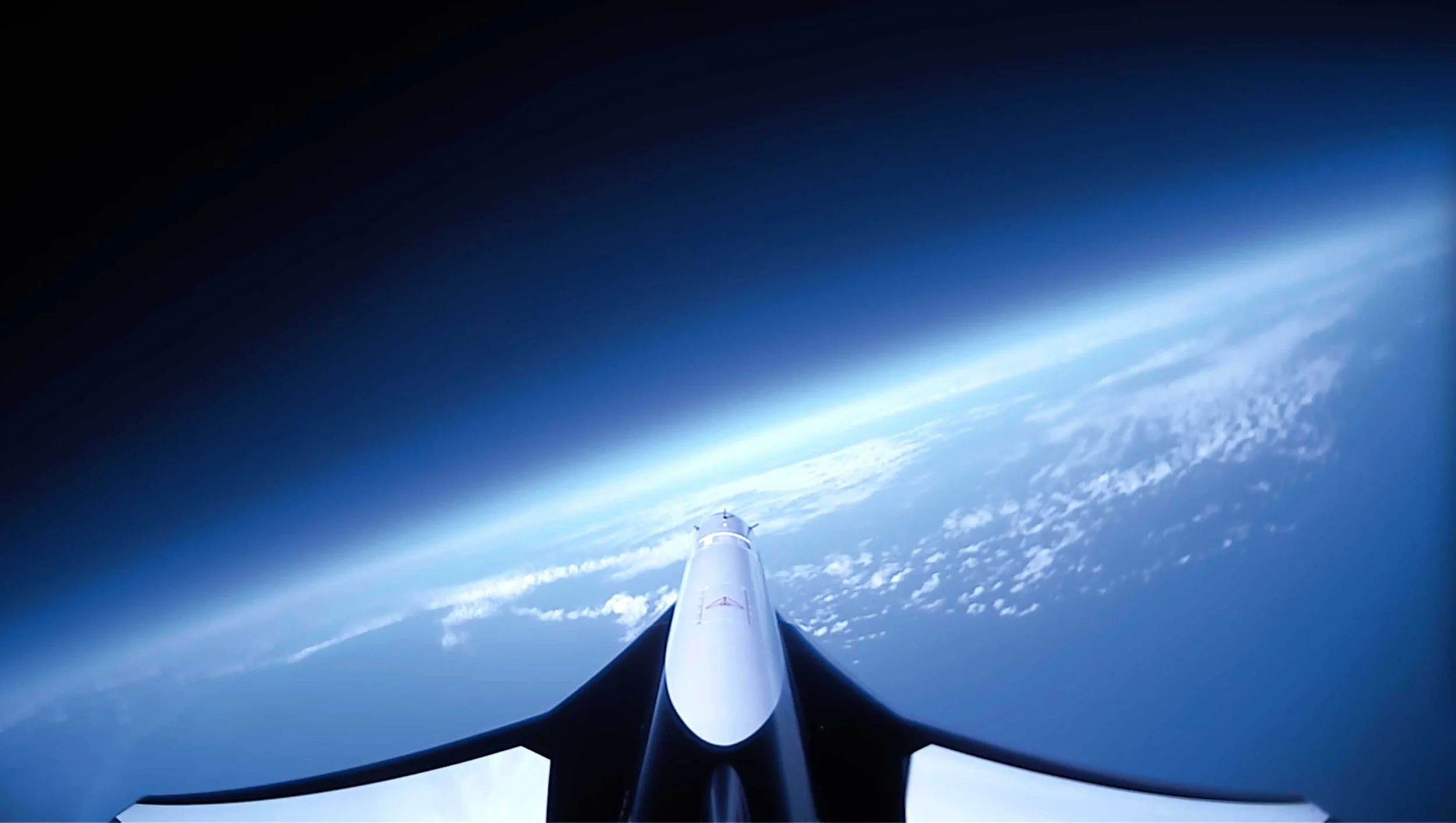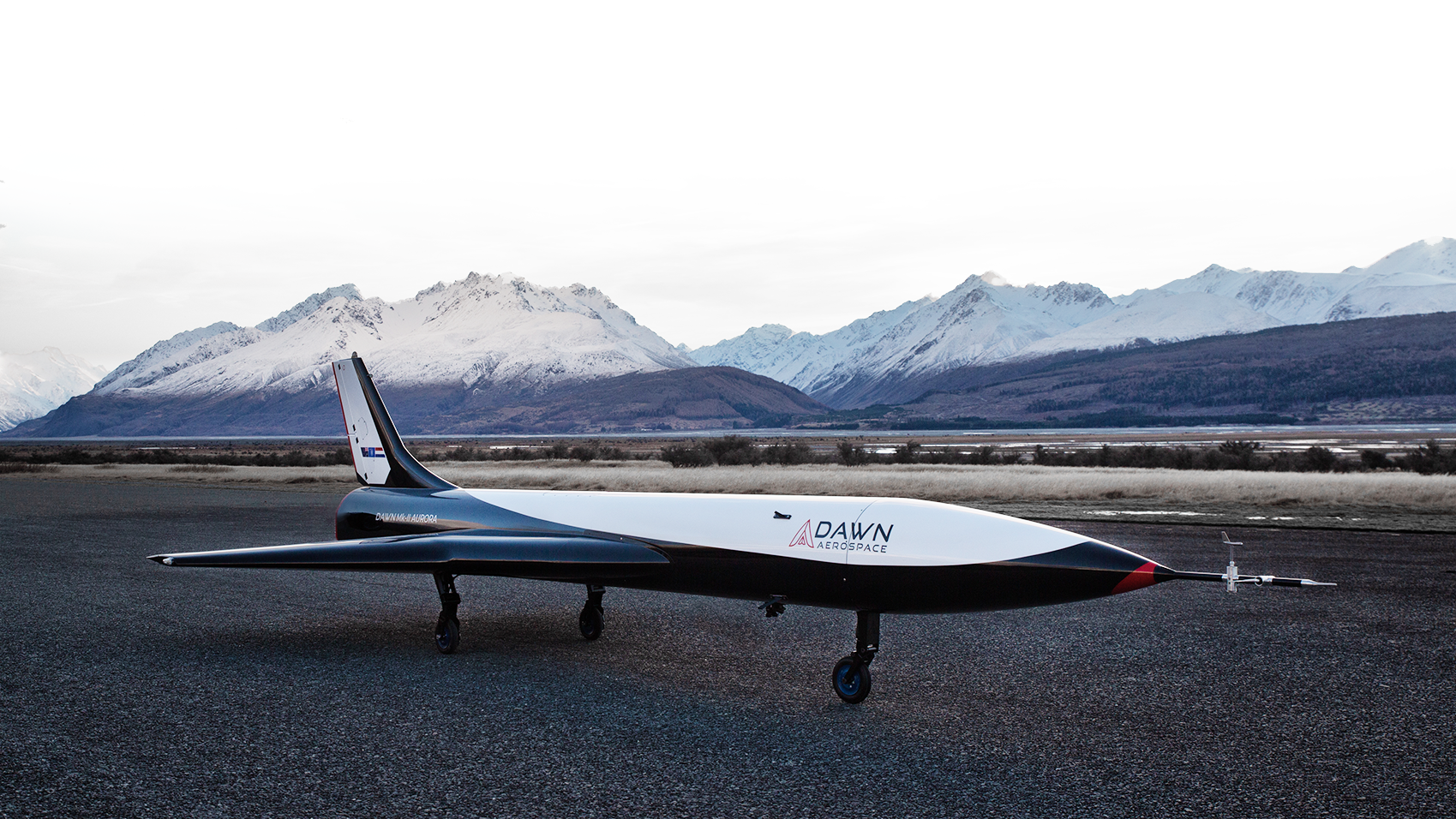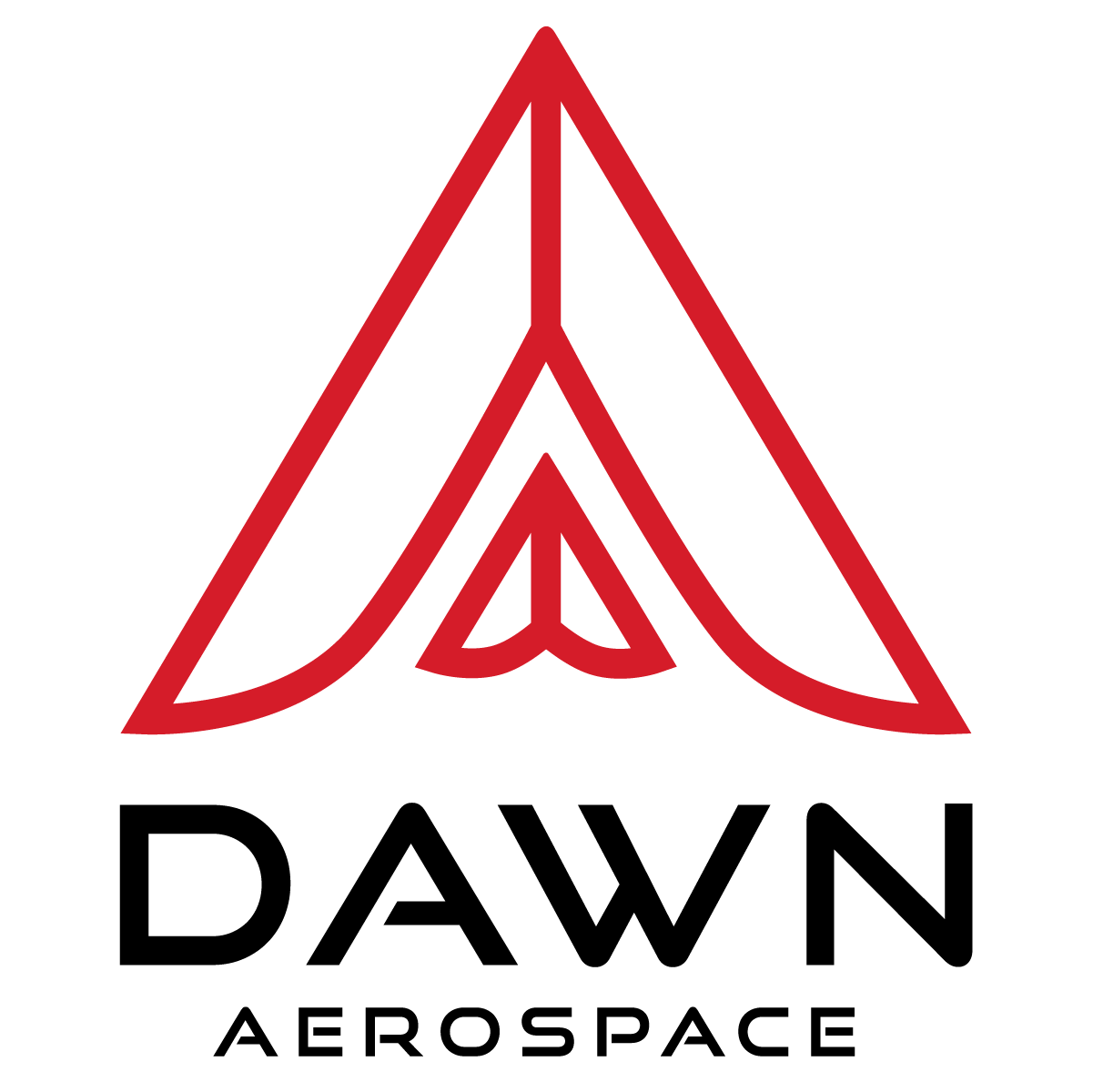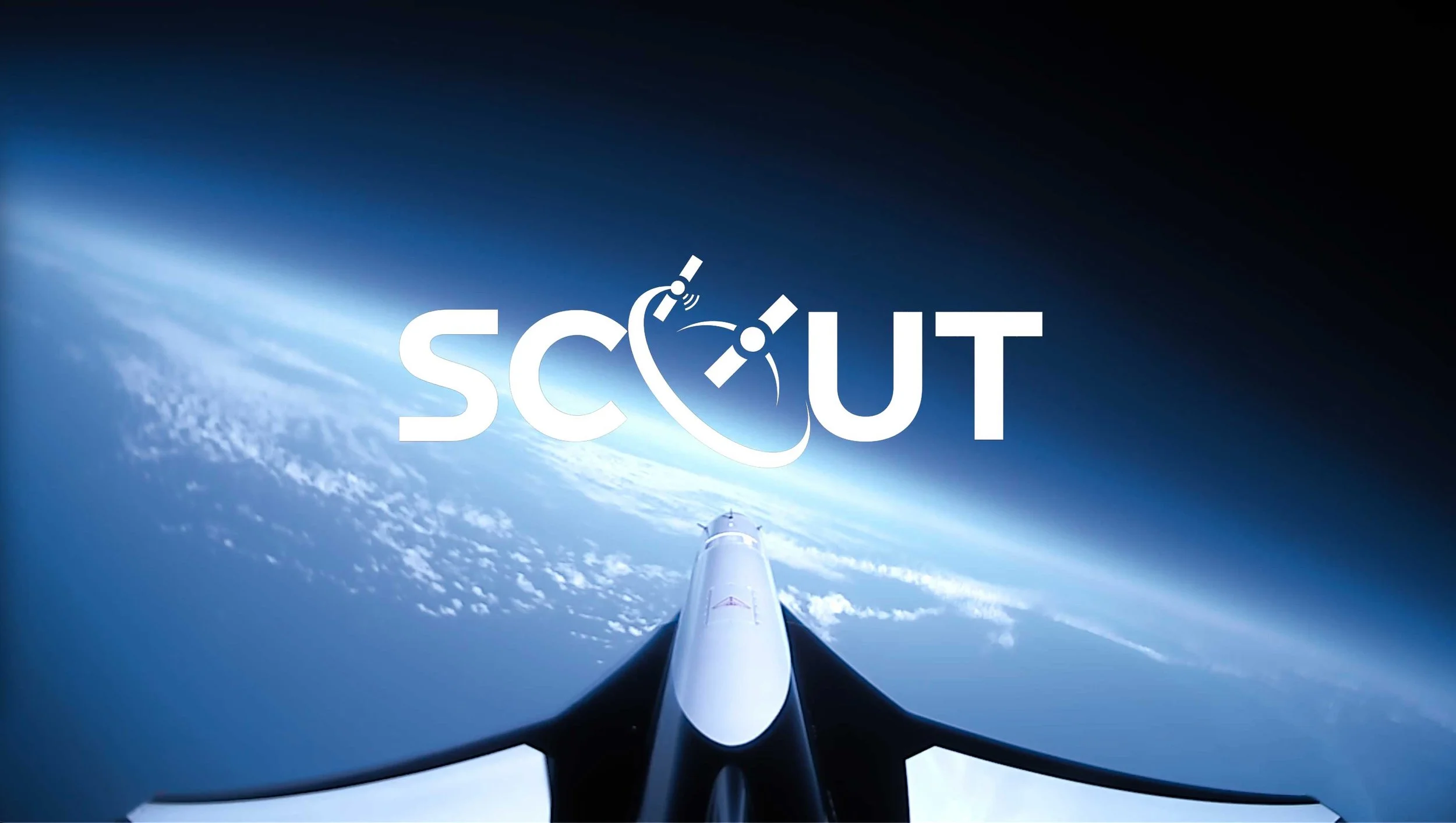
Accelerating access to
Scalable, Sustainable
Space Transportation.
Dawn Aerospace is building an aircraft with the performance of a rocket to bring rapid reusability and fleet economics to spaceflight.
The Aurora Spaceplane
Dawn Aerospace is developing the fastest highest-flying aircraft ever to take off from a runway.
Aurora’s core technology combines the extreme performance of rocket propulsion with the reusability of conventional airplanes. This approach enables frequent and reliable access to sub-orbital space while advancing high-speed flight capabilities critical to scientific research as well as national security.

In November 2024, the Aurora spaceplane broke the sound barrier, reaching Mach 1.12 at 82,500 feet.
It set a record for the fastest climb to 20 kilometers (65,600 feet), surpassing a record held by the modified F-15 Streak Eagle set in 1975.
Supersonic Flight
High Performance Aircraft
Dawn’s rocket-powered aircraft are designed to surpass the altitude and speed limits of traditional air-breathing aircraft by not relying on the atmosphere to generate thrust.
These aircraft will be the first to achieve high-cadence and low-cost access to airspace too high for traditional aircraft but too low for satellites, thereby opening up a new frontier in aerospace and research.
Enabling Breakthroughs Across Key Industries
Life Sciences: Investigate cellular biology, regenerative medicine, and space health in microgravity conditions.
Semiconductor Technology: Test next-gen chips and materials under near-space radiation and thermal extremes.
Defense Applications: Validate communications and sensing payloads in high-altitude environments.
Aurora Next-Gen Brochure
Note: Current specs reflect initial release. Updated version coming early 2026.
Fly your payload with Aurora
-

Technology Development
Test and tune space hardware quickly in the most relevant environment - Space!
-

Atmospheric Sampling
Understand the impact of our upper atmosphere on Earth and space weather, as well as long term climate science
-

Emergency Response
From “go” command to a 100 km apogee in less than five minutes, the Mk-II is effective in the most time-sensitive situations.
-

Defense
Target presentation and pseudo satellite capabilities with rapid, responsive deployment.
-

Earth Observation
Tracking and managing Earth's ecosystems using hyperspectral and IR remote sensing imagers
Payload Overview
Dedicated Payload Bay
10kg mass
Realtime data downlink
Instrument access to external environment
Optical window
Accessible within 60 minutes of landing
Flight Features
Rapidly reusable vehicle - fly again within 3 hours
Customizable trajectory
Multiple flights a day
Current location - New Zealand
Coming soon: USA
Aurora Next-Gen Payload Spec-Sheet
Note: Current specs reflect initial release. Updated version coming 31 July.
Payload Mission Types
Atmospheric Research
Defense
Life Sciences
Semiconductor Technologies
Technology development
Research and Education
Two flights in a day
17th September 2024, Glentanner Aerodrome, NZ
Purpose: Envelope expansion and demonstration of rapid reusability
Max height - 63,000 ft
Max speed - M0.9
























